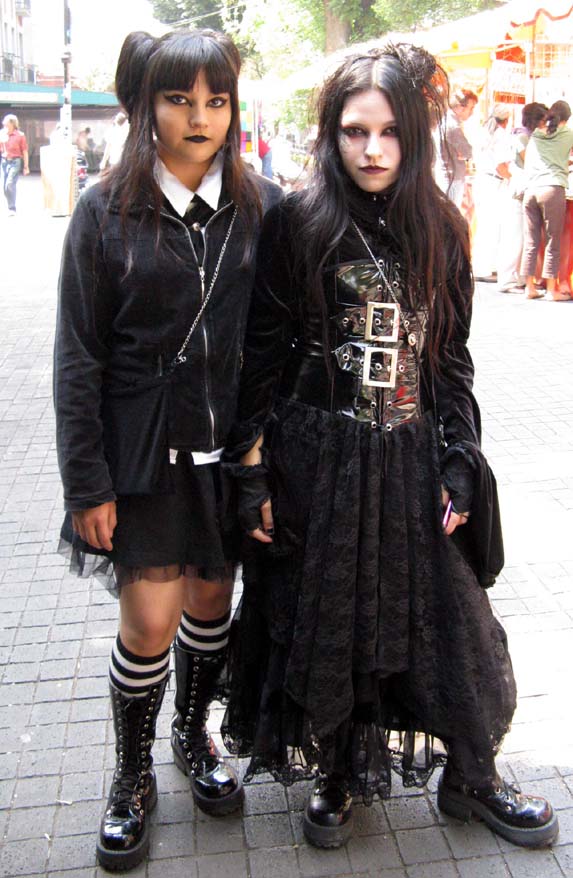
From: http://www.commonwealmagazine.org/blog/
my fisking in red
Is light the new dark?
November 28, 2010, 6:51 pm
Posted by Peter Steinfels
Dark. Harry Potter and the Deathly Hallows, Part 1 is “dark,” the “darkest” of the Harry Potter movies. Reviewers used the adjectives to describe but also to praise. That is not unusual. I might not have even noticed except for wondering whether certain youngsters in my circle would be seeing the movie and what its impact might be. (To be sure, one certain youngster has not only read the book but could relate it scene by scene.) Dark means serious. Dark means shadows. Dark means not evading the sad and inexplicable complexities of life—or even worse. Dark is grownup.
I was mulling (to mull = to mull over = to meditate on , to chew over , to think slowly about : this is all a food prcessing metaphor : mulling ale or mulling wine is to heat them with spices so that the flavours slowly come out for a welcoming drink in drear dank darkish wet and chill winters) this when I read a short piece in the November 25 New York Review of Booksabout a previously unpublished confessional poem that Ted Hughes wrote but never finished before his death in 1998. It dwells on(to dwell is to live in a particular place, so that the metaphor to dwell on means spending a lot of time talking or writing about something, probably obseessively) whom he was sleeping with, and where, on the weekend when his estranged ( nice upmarket synonym of separated, like distanciado) wife Sylvia Plath committed suicide. Don’t count me among those fascinated by either Plath’s death or Hughes’s infidelities, any more than among those obsessed with whether the Rosenbergs were guilty. Those are special tastes.
But Carol Ann Duffy, Britain’s current poet laureate (nearly useless cultural information: the UK has an official national poet,going by this name. Titles with a postpositioned adjective are nearly always very upperclass in tone, just right for tea in the palace with the Queen) always did get my attention by praising the poem as “the darkest poem that he wrote about the death of Sylvia Plath,” one that “seems to touch a deeper, darker place than poem he’s ever written.”
Actually the NYRB article, by Mark Ford, leaves a rather different impression, of a man’s desperate effort to exorcise the memory of squalid, shameful behavior. Even before I read enough to entertain that conclusion, however, I was wondering how shopworn ( a useful word = not actually used by people, but tried on so often in the shop, publicly displayed for so long that it's faded even) our praise of darkness has become, or how much it tells us about the conventional thinking of a post-Christian culture.
Profound = deeper = darker. I understand the subterranean metaphor. But could we turn it around? What of the image of light? Though darkness is inescapable in our faith, could we write, even if somewhat paradoxically, that a poem touched a deeper, brighter place than any before it?
“Let us then throw off the works of darkness,”(Saint) Paul told us this morning, “and put on the armor of light.” I am sure that Harry Potter will. Maybe some reviewers will take up the challenge.( To take up the challenge.= acceptar el reto)(
No comments:
Post a Comment